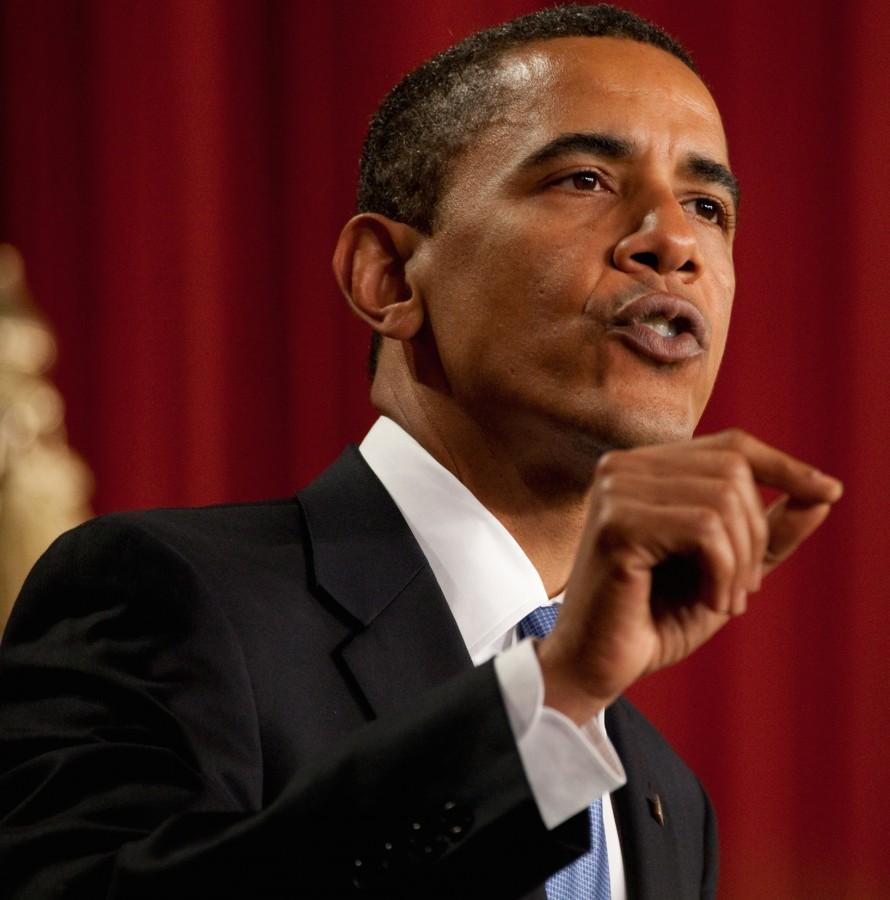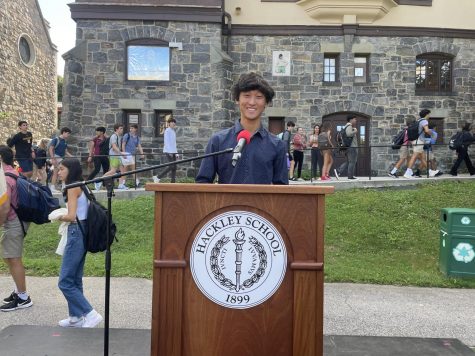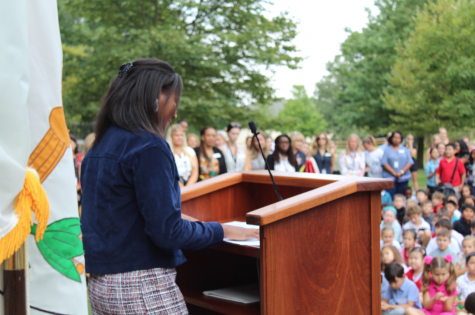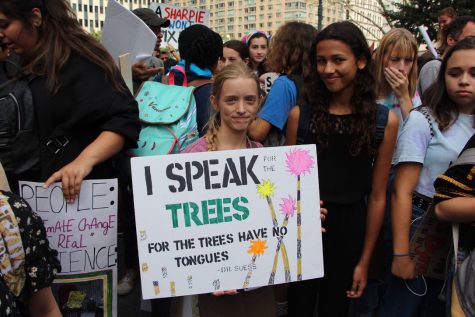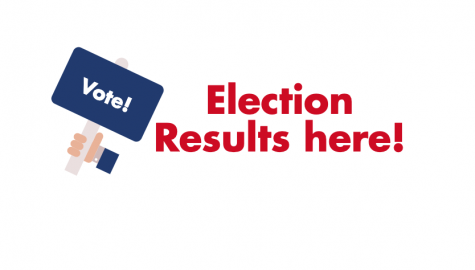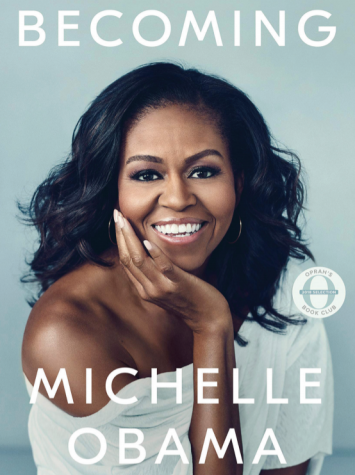Obama Proposes Mandatory Voting
Credit: The White House
Obama proposes mandatory voting. Photo courtesy of Chuck Kennedy (Official White House photo).
May 6, 2015
On March 18, 2015, President Barack Obama proposed the idea of mandatory voting. Obama believes that in the 21th century, every citizen should vote so that each demographic can be represented.
“It would be transformative if everybody voted — that would counteract money more than anything,” Obama said. Mandatory voting would increase the the voter turnout. According to CNN, more than 144 million Americans didn’t vote during the 2014 midterm elections.
“The people who tend not to vote are young, they’re lower income, they’re skewed more heavily towards immigrant groups and minority groups,” said President Obama.
Some experts argue that having compulsory voting may actually be good for our democracy. Simon Jackman, a professor at Stanford University maintains that- since there is a correlation between socioeconomic status and voter turnout- passing compulsory voting laws may actually “remove socioeconomic differences in electoral participation.”
Although studies show mixed results of the benefits of compulsory voting, it contradicts our notion of freedom. Forcing people to vote undermines their right to choose, making it feel like a burden.
What happens if the people don’t vote? In the 26 countries that have compulsory voting, around half of the countries actually enforce this. Depending on the country, the government fines those who do not vote and if they don’t vote, the punishment may be jail time.
Looking at the American system, History and Government teacher Stephen Fitzpatrick believes that compulsory voting will not pass in Congress. “My guess is there will be a lot of congressmen and senators who are going to oppose it because they do not want to see a higher turnout,” he said.
The question remaining is whether compulsory voting will make the government more representative. In our current political system, Mr. Fitzpatrick believes “congressmen and senators take advantage of the fact that there is low turnout in voting and they get re-elected over and over again.” Mr Fitzpatrick suggests the possibility of “a better reflection of the democratic rule of the people” if compulsory voting passed.
Hackley students share concerns about Obama’s Proposal. Senior Erik Bostrom said, “I believe that mandatory voting is a noble goal and would greatly increase the political awareness in our country. However, people will not look at the political issues facing our country and just vote randomly.” Junior Will Larkin predicts that Obama’s proposal “will be interpreted the wrong way in a sense that… people will view it as infringing on their rights.” Whatever the concern is, President Obama needs to create a comprehensive bill if compulsory voting is to be implemented.

